L’Oreal Group is driven by an ambition to be the leading beauty company in inclusivity, striving to mirror the diversity of the consumers they serve by fostering a value of inclusivity and inclusion. In Taiwan, they have introduced a unique and diverse portfolio of 18 international brands to cater to the diverse needs of consumers. This year, they have expanded their offerings with the launch of three new brands - SkinCeuticals, Valentino Beauty, and Takami - in response to the growing demand for high-efficacy and personalized solutions.
Guided by their sense of purpose to “Create the Beauty that Moves the World”, L’Oreal Taiwan extends its commitment to diversity and inclusivity beyond its consumers, encompassing people they work with, who are their partners, people who are their inspiration, and people in need.
Supporting the Underprivileged and Advancing Women Empowerment
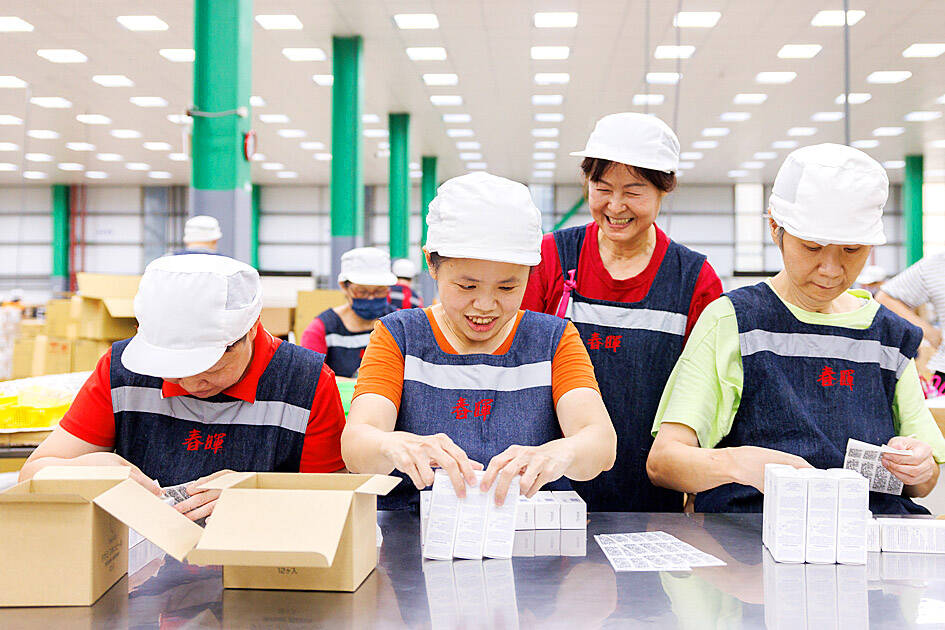
L’Oreal Taiwan aligns its social responsibility actions closely with the United Nations’ Sustainable Development Goal 5 (SDG5), which aims to achieve gender equality and empower women. One notable initiative is the establishment of the Taiwan Outstanding Women in Science Award, which has recognized 49 female scientists since 2007 and has been extended to encourage schoolgirls to fulfill their potential in science. To support the underprivileged community in accessing job opportunities, the company partnered with its local logistics partner and the Spring Sunshine Center for Intellectual Development in 1997 to launch the “Warehouse Angel Program”, benefiting 170+ people in 2022.
Many brands under L’Oreal’s portfolio are leveraging their influential capacity to raise awareness and encourage action. Each choosing their own particular causes, many have initiated campaigns and are involved in programs that aim to support vulnerable communities or help safeguard the environment in response to local unmet needs. For example, Lancome launched the Write Your Future campaign in 2019 to support single mothers by challenging stereotypes and boosting employability. By the end of 2023, it is estimated that 3,000 women will be empowered. Other brands like L’Oreal Paris and YSL Beauty have also launched campaigns to address issues such as street harassment and intimate partner violence.
In 2022, the dermatological beauty brand La Roche-Posay launched a Cancer Support Program in Taiwan. This initiative was designed to address the skin side effects that can occur after targeted therapy. The brand has plans to expand this program, moving beyond advancing medical research and consensus, to also raise awareness among patients and caregivers.

Empowering Talents Across Generations in a People-Centric Environment
To equip employees for the rapidly changing business environment, L’Oreal Taiwan provides diverse career development opportunities, learning and coaching programs, and international exchange projects. The company also offers flexible working hours, 14+ weeks of maternity leave, early leave on Fridays, and two work-from-home days to help employees achieve a better work-life balance and manageable personal time. To foster open and transparent conversations, L’Oreal Taiwan has introduced an online feedback system, conducted extensive surveys, and organized annual Ethic Day Events to understand employees’ evolving needs and gather their ideas for optimization.
Believing in the potential of youth, L’Oreal Taiwan provides various resources for young talents starting their careers through academic-corporate collaboration programs, management trainee programs, and the L’Oreal Brandstorm worldwide competition, all aimed at enhancing their career competitiveness and employability.
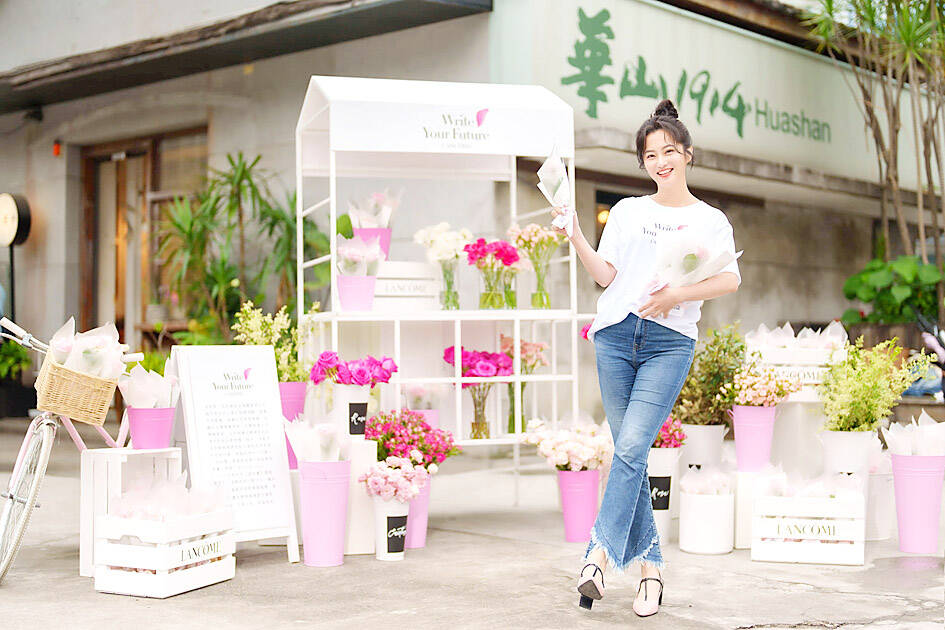
L’Oreal Taiwan’s commitment to diversity and inclusivity has garnered significant recognition. They have secured a distinguished position in the Top 5 foreign enterprises category of the newly instituted Commonwealth Talent Sustainability Award and the Family Friendly Workplace Award. Additionally, their dedication has also been acknowledged with the Commonwealth’s ESG Award - Excellence in Corporate Social Responsibility Award for an impressive fifth consecutive year.
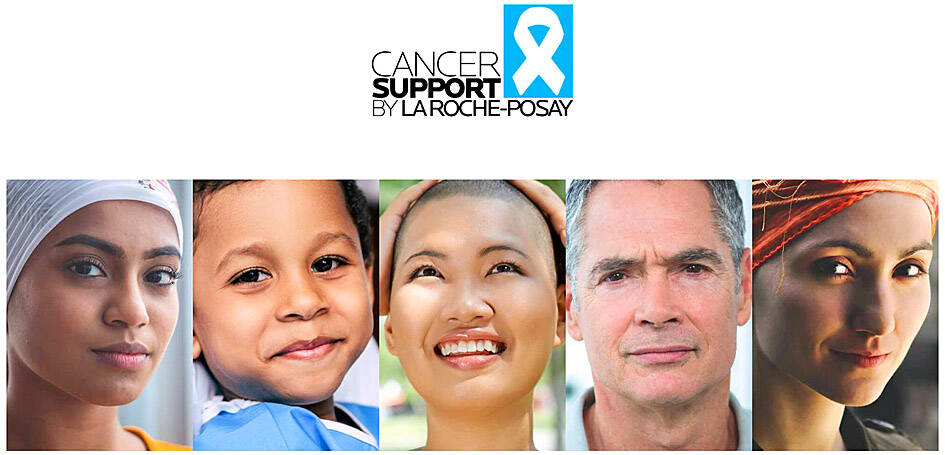
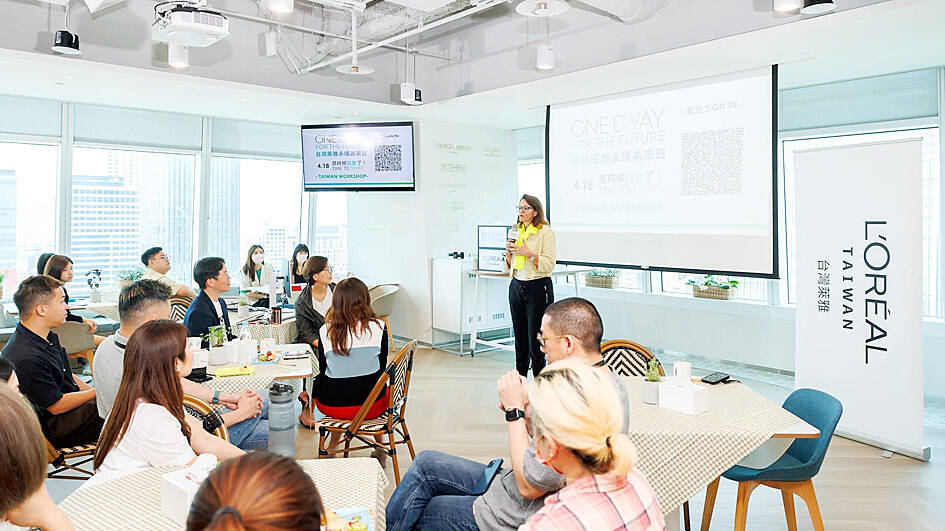
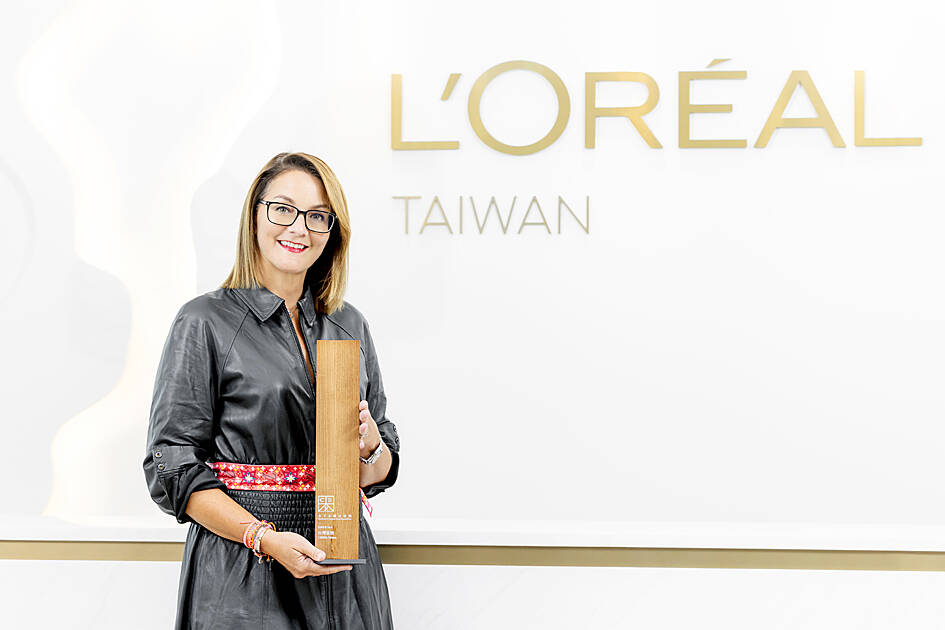

Chinese Nationalist Party (KMT) Chairman Eric Chu (朱立倫), spokeswoman Yang Chih-yu (楊智伃) and Legislator Hsieh Lung-chieh (謝龍介) would be summoned by police for questioning for leading an illegal assembly on Thursday evening last week, Minister of the Interior Liu Shyh-fang (劉世芳) said today. The three KMT officials led an assembly outside the Taipei City Prosecutors’ Office, a restricted area where public assembly is not allowed, protesting the questioning of several KMT staff and searches of KMT headquarters and offices in a recall petition forgery case. Chu, Yang and Hsieh are all suspected of contravening the Assembly and Parade Act (集會遊行法) by holding

PRAISE: Japanese visitor Takashi Kubota said the Taiwanese temple architecture images showcased in the AI Art Gallery were the most impressive displays he saw Taiwan does not have an official pavilion at the World Expo in Osaka, Japan, because of its diplomatic predicament, but the government-backed Tech World pavilion is drawing interest with its unique recreations of works by Taiwanese artists. The pavilion features an artificial intelligence (AI)-based art gallery showcasing works of famous Taiwanese artists from the Japanese colonial period using innovative technologies. Among its main simulated displays are Eastern gouache paintings by Chen Chin (陳進), Lin Yu-shan (林玉山) and Kuo Hsueh-hu (郭雪湖), who were the three young Taiwanese painters selected for the East Asian Painting exhibition in 1927. Gouache is a water-based

Taiwan would welcome the return of Honduras as a diplomatic ally if its next president decides to make such a move, Minister of Foreign Affairs Lin Chia-lung (林佳龍) said yesterday. “Of course, we would welcome Honduras if they want to restore diplomatic ties with Taiwan after their elections,” Lin said at a meeting of the legislature’s Foreign Affairs and National Defense Committee, when asked to comment on statements made by two of the three Honduran presidential candidates during the presidential campaign in the Central American country. Taiwan is paying close attention to the region as a whole in the wake of a

OFF-TARGET: More than 30,000 participants were expected to take part in the Games next month, but only 6,550 foreign and 19,400 Taiwanese athletes have registered Taipei city councilors yesterday blasted the organizers of next month’s World Masters Games over sudden timetable and venue changes, which they said have caused thousands of participants to back out of the international sporting event, among other organizational issues. They also cited visa delays and political interference by China as reasons many foreign athletes are requesting refunds for the event, to be held from May 17 to 30. Jointly organized by the Taipei and New Taipei City governments, the games have been rocked by numerous controversies since preparations began in 2020. Taipei City Councilor Lin Yen-feng (林延鳳) said yesterday that new measures by